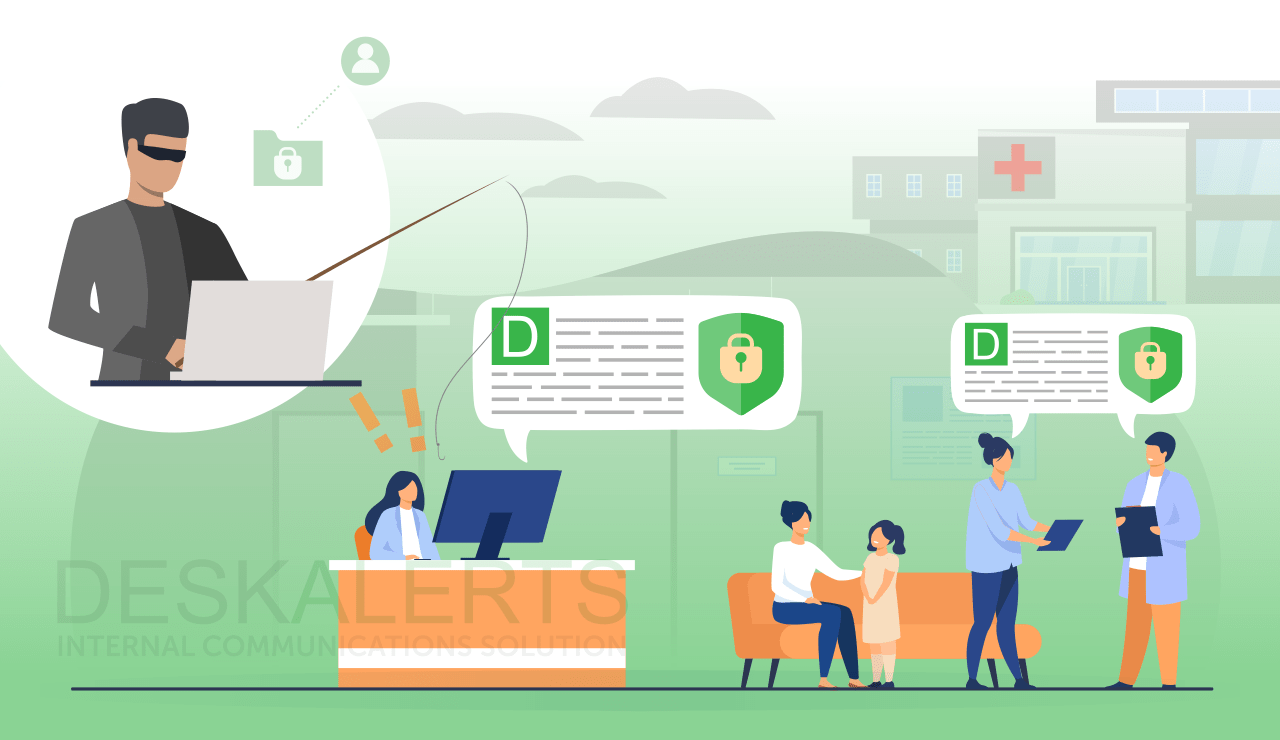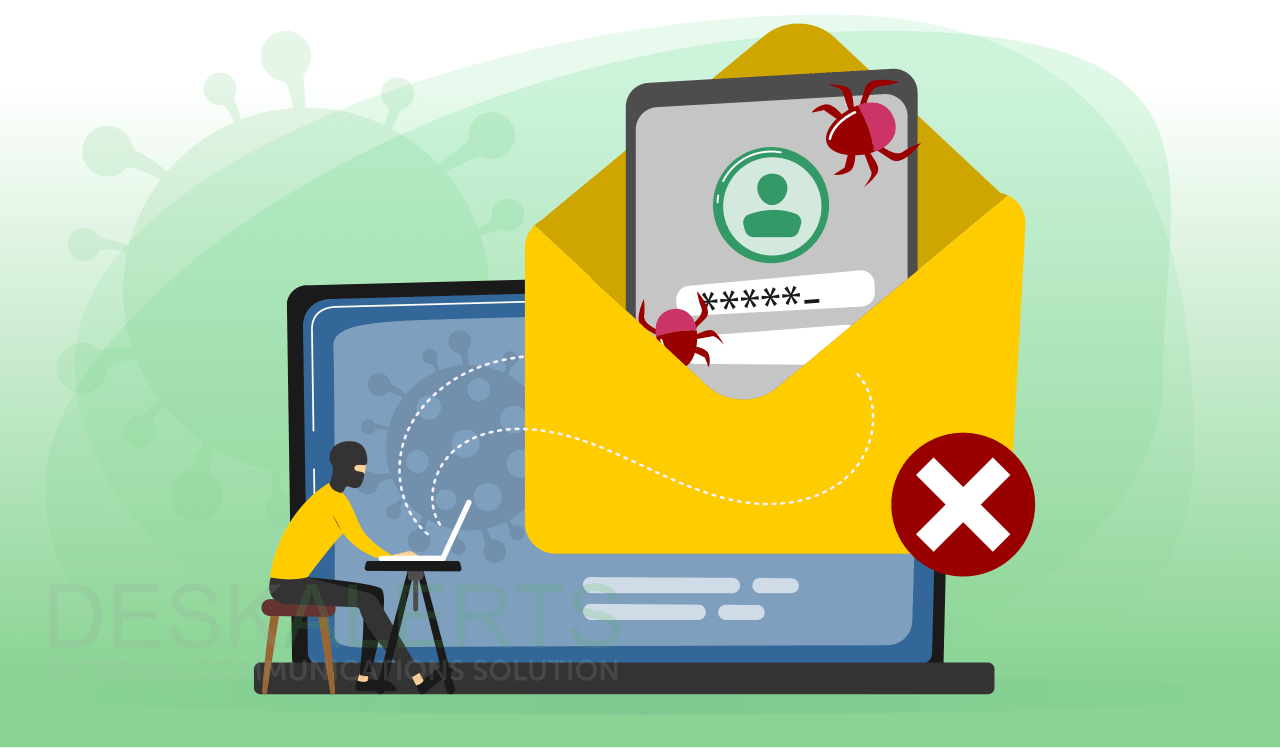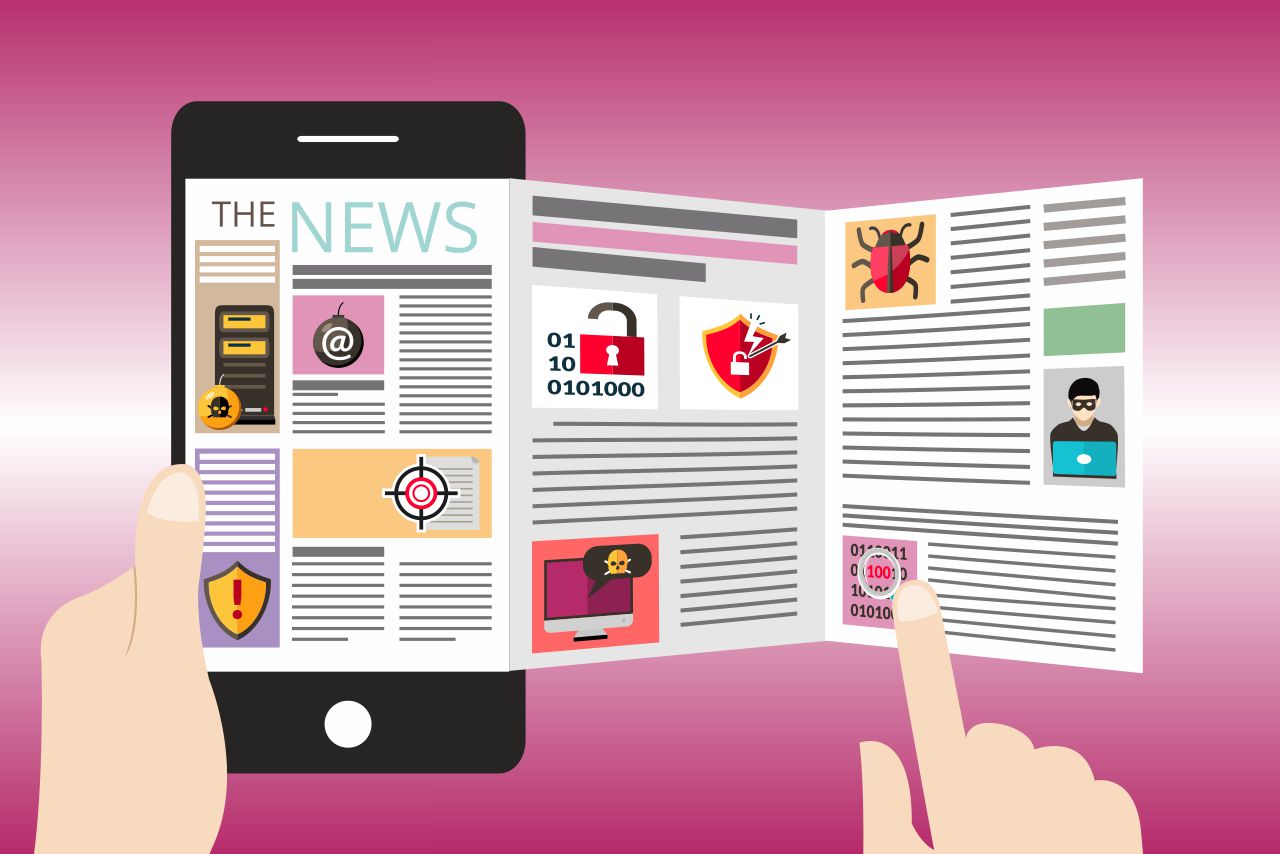 NHS services have endured many cybersecurity attacks over the past few years, as have other health services around the world. These attacks have severely affected their operations, crippling services and putting patients’ health and safety at risk.
NHS services have endured many cybersecurity attacks over the past few years, as have other health services around the world. These attacks have severely affected their operations, crippling services and putting patients’ health and safety at risk.
In the summer of 2022, the NHS was disrupted significantly once more when a software vendor used by the NHS was compromised in a ransomware attack.
The situation led to some of the NHS’s services across the United Kingdom becoming unavailable for several months, including systems used to dispatch ambulances, take out-of-hours bookings, referrals for care, emergency prescriptions and mental health services.
Case study: How University Hospitals Birmingham NHS Foundation Trust managed to protect its system during a cyberattack.
Many NHS trusts were unable to access patient records, and in some cases, doctors had to resort to keeping notes on paper.
Other trusts have reported that some patient records have gone missing entirely. Waiting lists have blown out, and patient data has been compromised.
6 Cybersecurity Email Templates [+ Tips]
Increase Message Visibility and Prevent Cybersecurity Breaches with DeskAlerts. Download for free

Why cybersecurity awareness and action are important
The recent issues that have plagued the NHS are not likely to be the last.
According to risk consulting firm Kroll, healthcare was the most targeted industry by cyberattackers in the first two quarters of 2022.
Healthcare is attractive to cyber criminals
Healthcare is attractive to cyber criminals: these are IT environments that have a great deal of sensitive information that can be accessed via aging systems infrastructures. They take a gamble that the health services may pay for the ransomware to be removed, and even if not, they can gather personal information of patients that enables them to carry out other cybercrimes.
It's important that NHS trusts realize that a cyberattack is almost a matter of when, not if.
Human error is the cause of most cybersecurity breaches – whether people have clicked on a malicious link, opened a suspicious attachment, or provided credentials to criminals who have pretended to be a credible source.
Raising employees' awareness of the various types of cyber breaches and attacks is critical to preventing further breaches. It’s also important to have systems in place to quickly take action in the event of a breach, to minimize risk and damage.
More on the topic: How to raise cybersecurity awareness
How DeskAlerts can help mitigate cybersecurity risk
DeskAlerts is an internal communication system that is relied on by several NHS trusts to communicate time-critical and important information in a way that cannot be skipped or ignored by staff.
The system uses a variety of tools and channels to cut through the digital noise and other distractions in the workplace to ensure 100% visibility of important messages.
To help mitigate cybersecurity risks, it can be used in the following ways:
- Provide cybersecurity awareness training to your employees using pop-up notifications that cannot be skipped or ignored.
- Send cybersecurity reminders using scrolling tickers – a narrow band of text that loops across the screen.
- Reinforce your messaging by sending creative and eye-catching computer lock screens, wallpapers, and screensavers to all PCs.
- Quizz your employees and test their cybersecurity knowledge – get results in real time.
- Quickly raise awareness when there is an actual breach – reach thousands of employees within seconds and provide advice about what steps they can take to protect your systems and data from further harm.
- Reach employees no matter where they are located – working off-site or if they are deskless. DeskAlerts is available on any operating system or device, including mobile phones and tablets.
6 Cybersecurity Email Templates [+ Tips]
Increase Message Visibility and Prevent Cybersecurity Breaches with DeskAlerts. Download for free

Your patients depend on you to keep them safe, including their personal data. Make sure you are prepared for the challenges of a cybersecurity attack by investing in a robust communications channel that will reach all your employees.
Get in touch with our experts today to find out how it can be used within your company to mitigate risk.
FAQs
Why is cybersecurity important?
Cybersecurity is important to protect systems and data from breaches, where they can be accessed by cybercriminals for nefarious purposes.
What happened to NHS ransomware attack?
During the August 2022 NHS ransomware attack, cybercriminals accessed and extracted patient data from NHS systems. Some NHS trusts lost access to various health and care platforms as well as other systems, such as human resources and financial systems.
Who is behind NHS cyber attack?
There has been no specific group named as being responsible for the cyberattack, but it is speculated that it is most likely a criminal gang.
Why is cybersecurity important in the NHS?
Cybersecurity is important in the NHS to ensure that important information is safeguarded and remains uncompromised so that patient care is not disrupted.
 Caroline Duncan
Caroline Duncan








